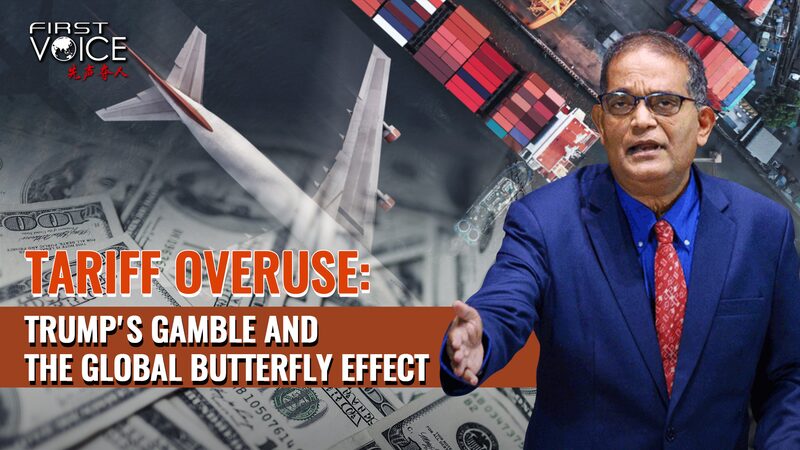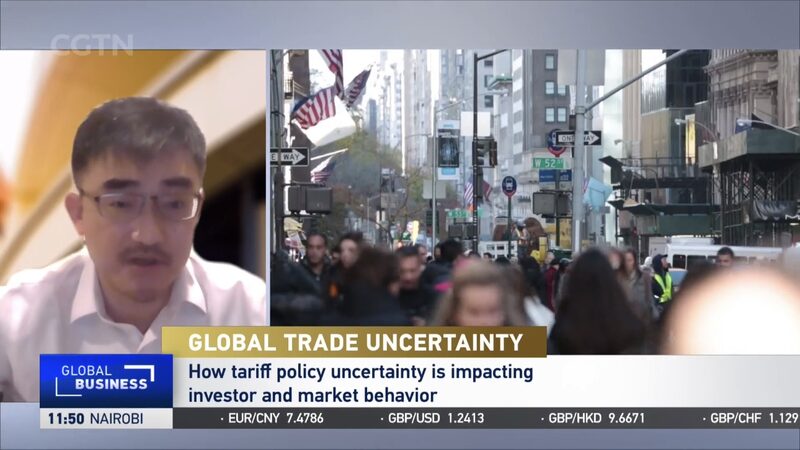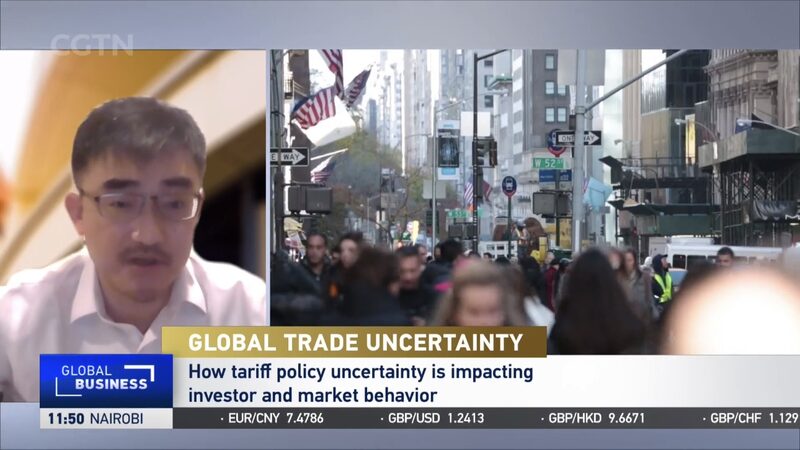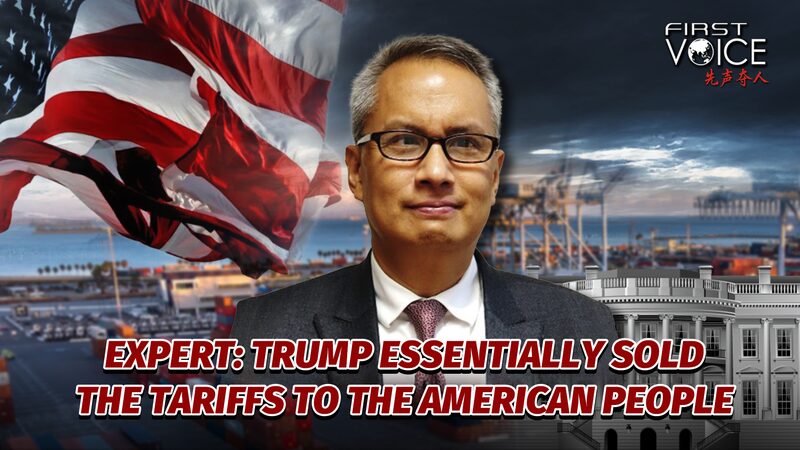In a significant escalation of economic tensions, U.S. President Donald Trump has announced the imposition of a 10 percent tariff on Chinese-made goods and a 25 percent tariff on products from Canada and Mexico, effective February 1. This move is part of Trump's broader strategy to address what he claims is China's role in facilitating the distribution of fentanyl, a dangerous synthetic opioid, in North America.
The administration's decision to categorize China alongside Canada and Mexico as "abuser" countries highlights a more assertive trade stance. However, China's response, articulated by a Foreign Ministry spokesperson on February 2, emphasizes the inherent drawbacks of engaging in trade wars.
\"The U.S. imposed a 10 percent tariff on Chinese exports to the U.S. using the fentanyl issue as an excuse. China is strongly dissatisfied with this and firmly opposes it. We will take necessary countermeasures to firmly safeguard our legitimate rights and interests,\" the spokesperson stated. This reaction underscores the deep economic interdependence that characterizes the modern global economy, with the U.S. and China being pivotal trading partners despite ongoing disputes.
The introduction of tariffs is expected to disrupt this delicate balance, leading to widespread implications for global trade. American manufacturers relying on Chinese components will face increased production costs due to the 10 percent tariff, costs that are likely to be transferred to consumers. This could diminish consumer purchasing power and contribute to inflationary pressures, potentially limiting access to one of the world's largest consumer markets.
While Trump advocates for tariffs as a mechanism to correct trade imbalances and protect American jobs, the broader economic impact tells a different story. Protectionist policies like these can inhibit innovation, disrupt global supply chains, and increase costs for both businesses and consumers in the United States.
Conversely, China continues to champion free trade and multilateralism, engaging actively with global institutions such as the World Trade Organization and leading initiatives like the Regional Comprehensive Economic Partnership (RCEP), the world's largest free trade agreement, which became effective in January 2022.
The ramifications of Trump's tariff strategy extend beyond bilateral relations with China. Canada and Mexico, key U.S. trading partners, have indicated their readiness to implement retaliatory tariffs. Canadian Prime Minister Justin Trudeau has warned of counter-tariffs "worth billions of dollars," while Mexico has reaffirmed its commitment to protecting its national interests. Additionally, the European Union, criticized by Trump for allegedly mistreating the U.S., is expected to respond to these protectionist measures.
As trade tensions rise, the global community watches closely, recognizing that trade wars seldom produce true winners. The interconnected nature of today's economies means that disruptions in one region can have cascading effects worldwide, affecting businesses, consumers, and policymakers alike.
Reference(s):
cgtn.com




